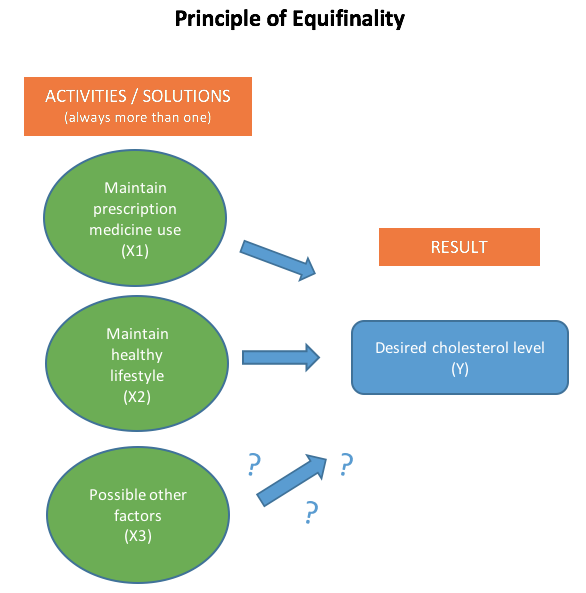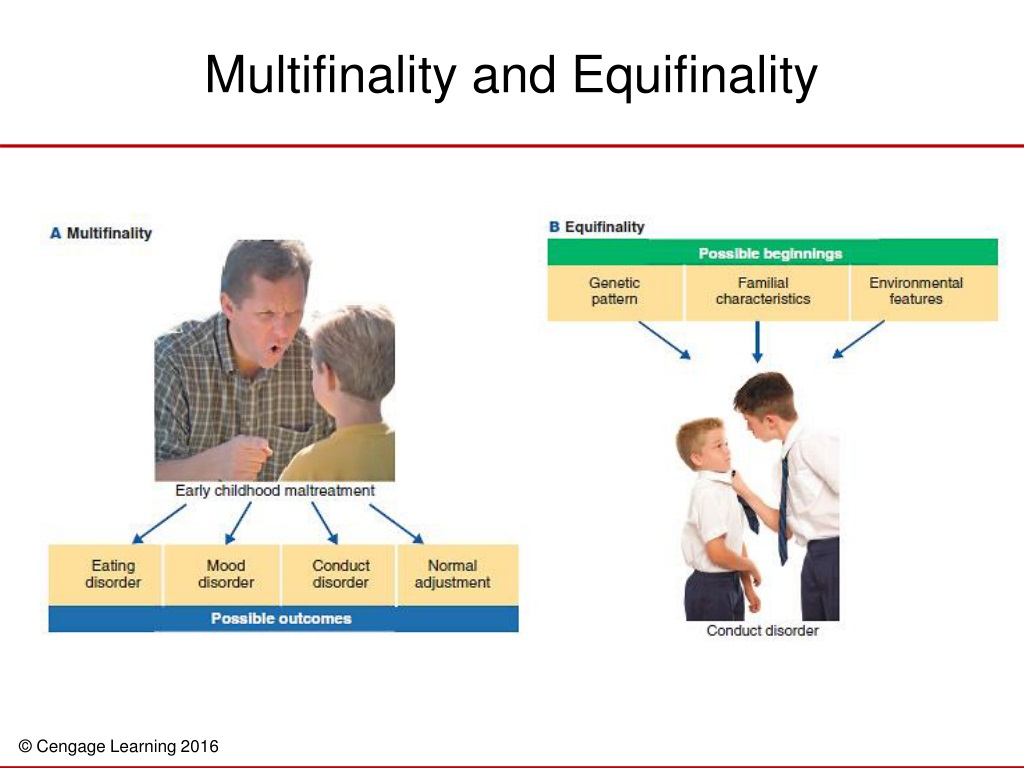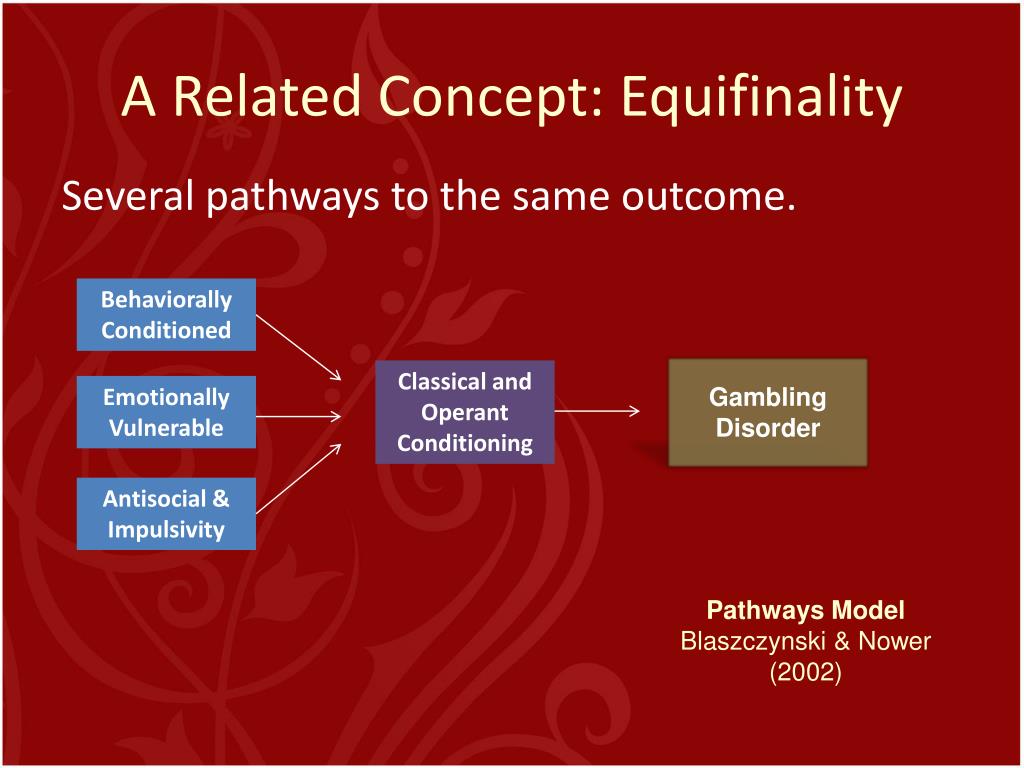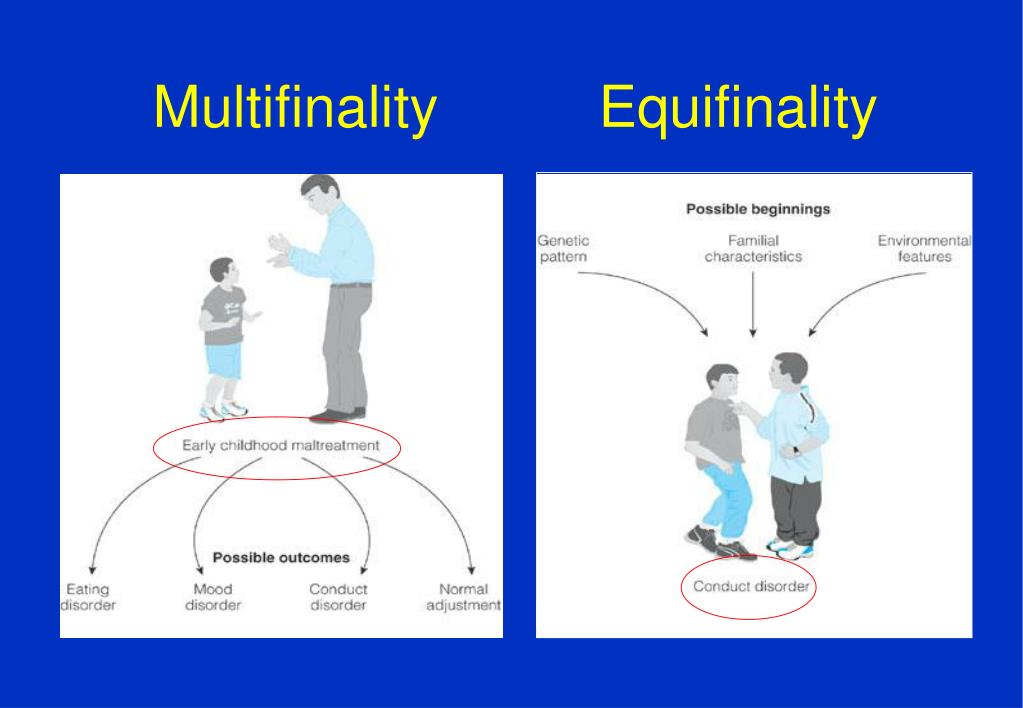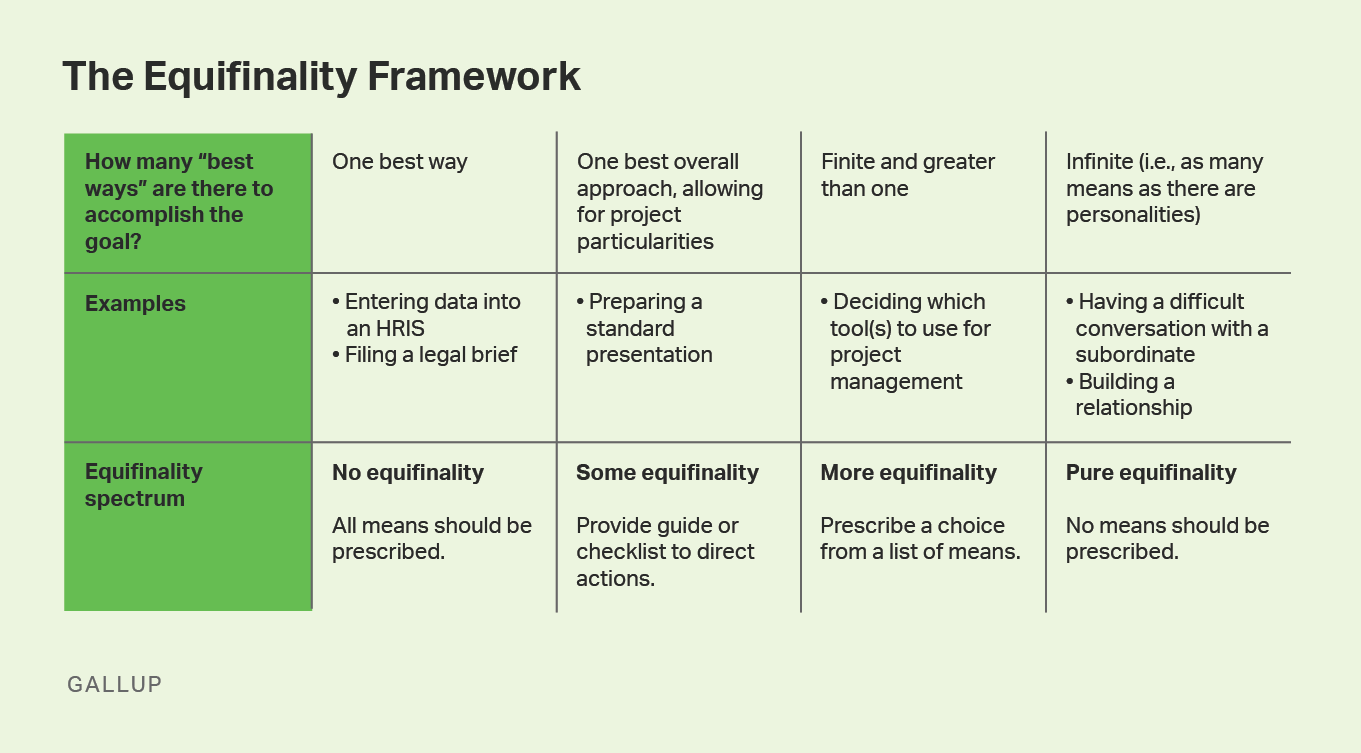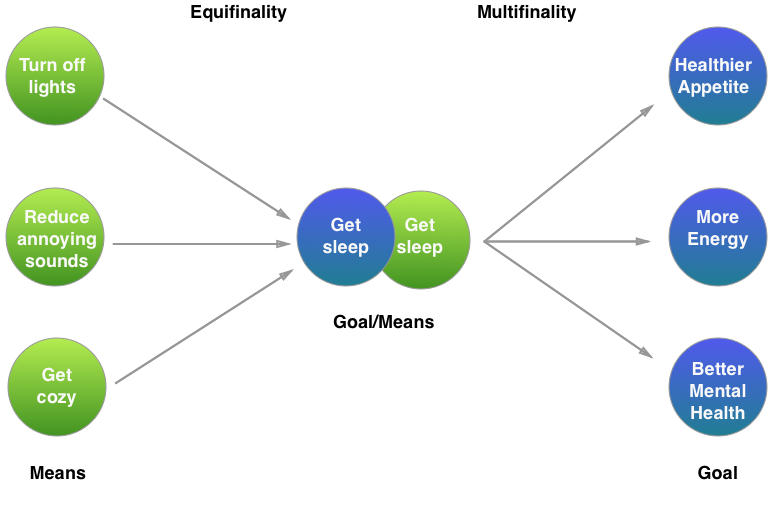What Is Equifinality In Psychology
What Is Equifinality In Psychology - It challenges the belief that there is. Equifinality in family systems theory is the belief that the use of different theoretical orientations and interventions often results in a. Equifinality is the idea that different paths can lead to the same outcome in human behavior and psychology. The term equifinality refers to a particular feature of voluntary movements, namely their ability to reach targets accurately in conditions when an.
The term equifinality refers to a particular feature of voluntary movements, namely their ability to reach targets accurately in conditions when an. Equifinality in family systems theory is the belief that the use of different theoretical orientations and interventions often results in a. It challenges the belief that there is. Equifinality is the idea that different paths can lead to the same outcome in human behavior and psychology.
It challenges the belief that there is. Equifinality is the idea that different paths can lead to the same outcome in human behavior and psychology. The term equifinality refers to a particular feature of voluntary movements, namely their ability to reach targets accurately in conditions when an. Equifinality in family systems theory is the belief that the use of different theoretical orientations and interventions often results in a.
Equifinality in human functioning as an illustration of different
Equifinality is the idea that different paths can lead to the same outcome in human behavior and psychology. The term equifinality refers to a particular feature of voluntary movements, namely their ability to reach targets accurately in conditions when an. It challenges the belief that there is. Equifinality in family systems theory is the belief that the use of different.
What Is Equifinality In Psychology
It challenges the belief that there is. Equifinality is the idea that different paths can lead to the same outcome in human behavior and psychology. Equifinality in family systems theory is the belief that the use of different theoretical orientations and interventions often results in a. The term equifinality refers to a particular feature of voluntary movements, namely their ability.
PPT Introduction to Normal and Abnormal Behavior in Children and
It challenges the belief that there is. The term equifinality refers to a particular feature of voluntary movements, namely their ability to reach targets accurately in conditions when an. Equifinality in family systems theory is the belief that the use of different theoretical orientations and interventions often results in a. Equifinality is the idea that different paths can lead to.
PPT Multifinality Same underlying cause, different disorders
Equifinality in family systems theory is the belief that the use of different theoretical orientations and interventions often results in a. Equifinality is the idea that different paths can lead to the same outcome in human behavior and psychology. It challenges the belief that there is. The term equifinality refers to a particular feature of voluntary movements, namely their ability.
DEVELOPMENTAL PSYCHOLOGY LECTURE EQUIFINALITY AND MULTIFINALITY YouTube
Equifinality in family systems theory is the belief that the use of different theoretical orientations and interventions often results in a. It challenges the belief that there is. The term equifinality refers to a particular feature of voluntary movements, namely their ability to reach targets accurately in conditions when an. Equifinality is the idea that different paths can lead to.
PPT Developmental Psychopathology How our understanding has evolved
It challenges the belief that there is. Equifinality is the idea that different paths can lead to the same outcome in human behavior and psychology. The term equifinality refers to a particular feature of voluntary movements, namely their ability to reach targets accurately in conditions when an. Equifinality in family systems theory is the belief that the use of different.
Why Leaders Should Add 'Equifinality' to Their Vocabulary
It challenges the belief that there is. The term equifinality refers to a particular feature of voluntary movements, namely their ability to reach targets accurately in conditions when an. Equifinality in family systems theory is the belief that the use of different theoretical orientations and interventions often results in a. Equifinality is the idea that different paths can lead to.
Systems Theory for Designers Nick Randolph Medium
Equifinality in family systems theory is the belief that the use of different theoretical orientations and interventions often results in a. It challenges the belief that there is. Equifinality is the idea that different paths can lead to the same outcome in human behavior and psychology. The term equifinality refers to a particular feature of voluntary movements, namely their ability.
Equifinality in Psychology Multiple Paths, One
Equifinality is the idea that different paths can lead to the same outcome in human behavior and psychology. It challenges the belief that there is. Equifinality in family systems theory is the belief that the use of different theoretical orientations and interventions often results in a. The term equifinality refers to a particular feature of voluntary movements, namely their ability.
Equifinality YouTube
Equifinality in family systems theory is the belief that the use of different theoretical orientations and interventions often results in a. The term equifinality refers to a particular feature of voluntary movements, namely their ability to reach targets accurately in conditions when an. Equifinality is the idea that different paths can lead to the same outcome in human behavior and.
Equifinality Is The Idea That Different Paths Can Lead To The Same Outcome In Human Behavior And Psychology.
It challenges the belief that there is. The term equifinality refers to a particular feature of voluntary movements, namely their ability to reach targets accurately in conditions when an. Equifinality in family systems theory is the belief that the use of different theoretical orientations and interventions often results in a.

